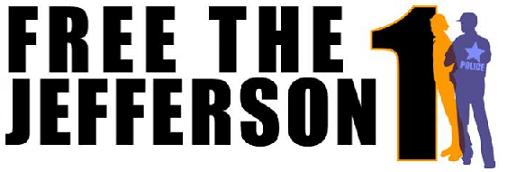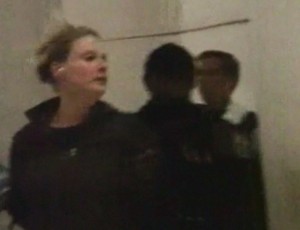 I’m delighted to welcome to the TLF my colleague Adam Marcus, Research Fellow & Senior Technologist at The Progress & Freedom Foundation. Adam’s already written a few posts here on the TLF about edge caching and cloud computing—cross-posted over the last few months by Adam Thierer and me. He also appeared on TechPolicy Weekly 38 to discuss “The Google Kerfuffle — Edge Caching & Net Neutrality.”
I’m delighted to welcome to the TLF my colleague Adam Marcus, Research Fellow & Senior Technologist at The Progress & Freedom Foundation. Adam’s already written a few posts here on the TLF about edge caching and cloud computing—cross-posted over the last few months by Adam Thierer and me. He also appeared on TechPolicy Weekly 38 to discuss “The Google Kerfuffle — Edge Caching & Net Neutrality.”
Adam (a/k/a “Marcus”) brings an exceptional technological sophistication to bear on policy issues. He’s already been a real asset to our work at PFF as a sort of “technical ombudsman,” helping us delve into the nitty-gritty details behind the debates. I hope he’ll play somewhat the same role here on the TLF: keeping us honest and checking our facts.
But he’s not just another geek: With a J.D. from Santa Clara University and an MA in Communications, Culture & Technology from Georgetown University, Adam has lots to say about the legal and policy issues covered by the TLF.
I hope you all enjoy getting to know him—whether through the blog or in person at our semi-regular Alcohol Liberation Fronts—as much as I have.

 Meanwhile, one pageview of the Facebook
Meanwhile, one pageview of the Facebook 

 In addition to Brooke, we’ll be joined by the usual TLF gang, James Gattuso’s groupies, and a few interns we’ll bring along to make our turnout look more impressive. Unfortunately, Cord Blomquist has to stay home for a hot date with “Call of Duty 4.” But for the rest of us, it’ll be from 5:30-7:30 at
In addition to Brooke, we’ll be joined by the usual TLF gang, James Gattuso’s groupies, and a few interns we’ll bring along to make our turnout look more impressive. Unfortunately, Cord Blomquist has to stay home for a hot date with “Call of Duty 4.” But for the rest of us, it’ll be from 5:30-7:30 at 


 We’ll be holding the third installment of our
We’ll be holding the third installment of our  The Technology Liberation Front is the tech policy blog dedicated to keeping politicians' hands off the 'net and everything else related to technology.
The Technology Liberation Front is the tech policy blog dedicated to keeping politicians' hands off the 'net and everything else related to technology.